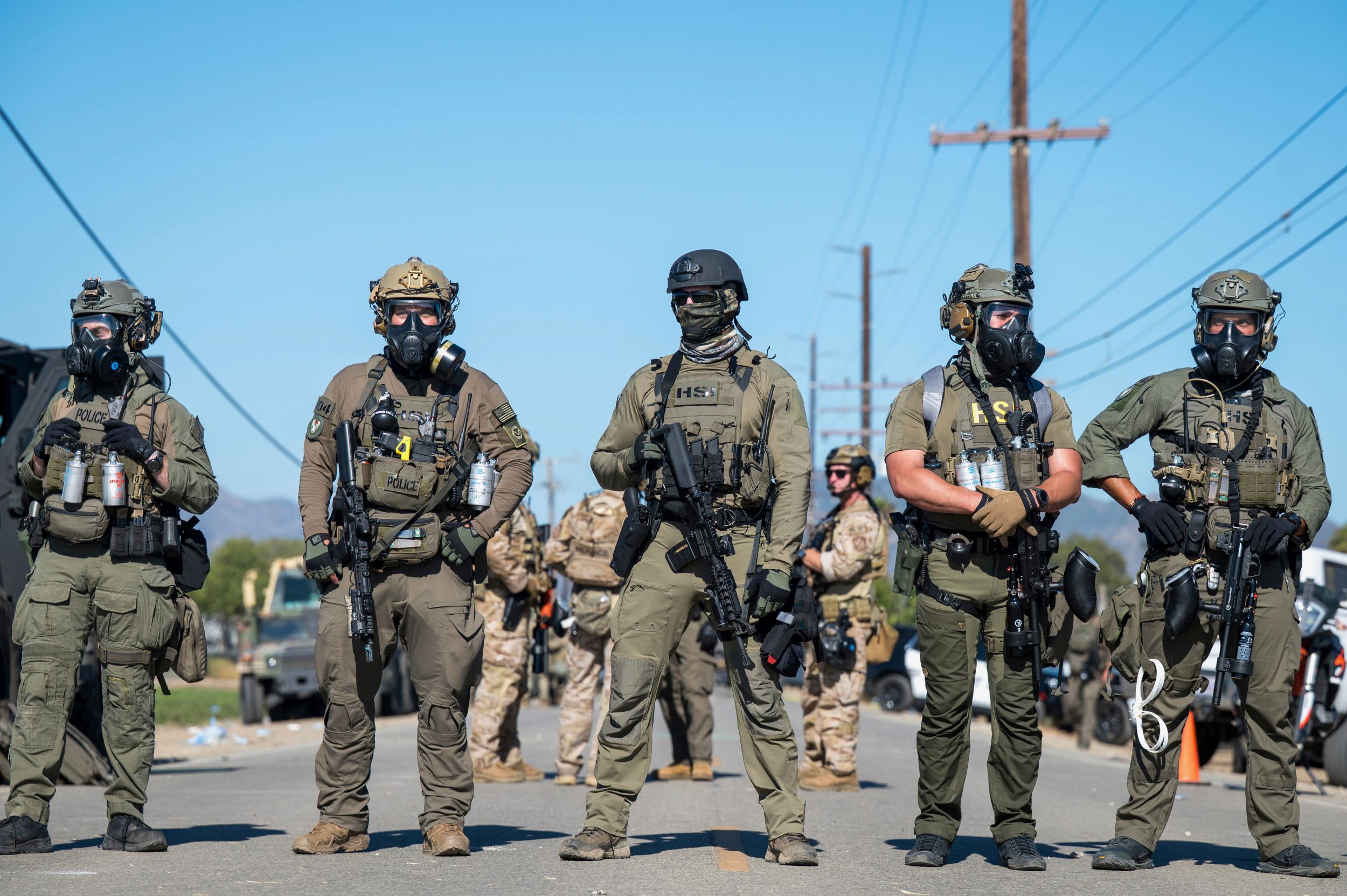
SACRAMENTO, the United States – A federal appeals court delivered a stinging rebuke to the Trump administration's mass deportation campaign Friday, upholding restrictions on immigration agents conducting sweeping arrests across Southern California without reasonable suspicion.
The 9th U.S. Circuit Court of Appeals unanimously rejected the government's challenge to a lower court order that blocked masked, heavily armed federal agents from detaining people based solely on race, language, or location.
The three-judge panel wrote that agents cannot claim harm from an injunction preventing stops "not supported by reasonable suspicion".
READ MORE: Trump deploys National Guard to LA to quell protests
The ruling preserved a temporary restraining order covering seven counties, including Los Angeles, affecting approximately 20 million residents. It marked a significant legal setback for Trump's deportation agenda, which aimed to remove 1 million immigrants in its first year.
The case began after immigration agents launched what officials called a "shock and awe" campaign on June 6, arresting 1,618 people in the Los Angeles region between June 6 and June 22. Agents targeted locations where immigrant workers gather, including Home Depot parking lots, bus stops, and agricultural sites.
ALSO READ: US cities brace for more protests as parts of LA placed under curfew
US District Judge Maame Ewusi-Mensah Frimpong initially blocked the practices on July 12, finding "a mountain of evidence" that agents had violated Fourth Amendment protections against unreasonable searches.
The judge ruled that stops cannot be based on apparent race, speaking Spanish, or working at specific locations.
The American Civil Liberties Union, which brought the lawsuit on behalf of detained workers and community groups, called the ruling a victory for constitutional rights. Los Angeles Mayor Karen Bass celebrated the decision as upholding "the rule of law".
READ MORE: US deploys Marines to LA as state sues administration
The Trump administration faced a preliminary injunction hearing in September and has vowed to continue appeals. The case could establish nationwide precedents limiting immigration enforcement tactics that civil rights groups argued constitute racial profiling.


